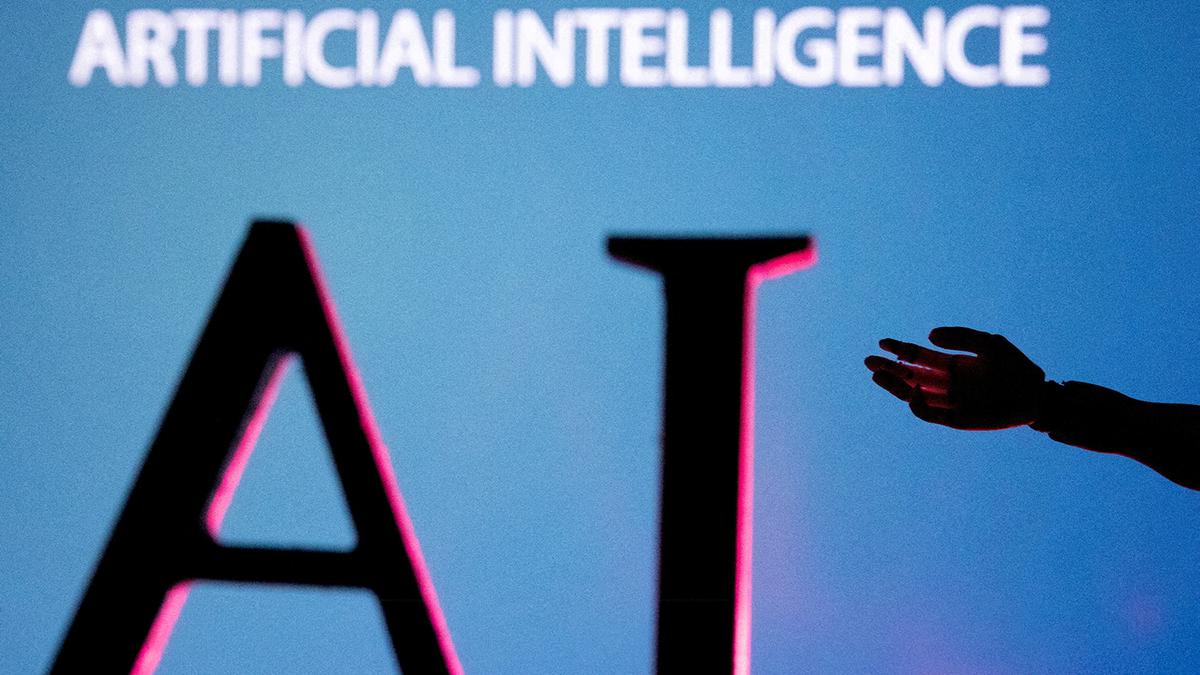
AI may not steal many jobs after all, it may just make workers more efficient
The Hindu
Alorica introduces AI translation tool for customer service in 200 languages, 75 dialects, without cutting jobs.
Alorica, a company in Irvine, California, that runs customer-service centers around the world, has introduced an artificial intelligence translation tool that lets its representatives talk with customers who speak 200 different languages and 75 dialects.
So an Alorica representative who speaks, say, only Spanish can field a complaint about a balky printer or an incorrect bank statement from a Cantonese speaker in Hong Kong. Alorica wouldn’t need to hire a rep who speaks Cantonese.
Such is the power of AI. And, potentially, the threat: Perhaps companies won’t need as many employees — and will slash some jobs — if chatbots can handle the workload instead. But the thing is, Alorica isn’t cutting jobs. It’s still hiring aggressively.
The experience at Alorica — and at other companies, including furniture retailer IKEA — suggests that AI may not prove to be the job killer that many people fear. Instead, the technology might turn out to be more like breakthroughs of the past — the steam engine, electricity, the internet: That is, eliminate some jobs while creating others. And probably making workers more productive in general, to the eventual benefit of themselves, their employers and the economy.
Nick Bunker, an economist at the Indeed Hiring Lab, said he thinks AI “will affect many, many jobs — maybe every job indirectly to some extent. But I don’t think it’s going to lead to, say, mass unemployment. We have seen other big technological events in our history, and those didn’t lead to a large rise in unemployment. Technology destroys but also creates. There will be new jobs that come about.’’
At its core, artificial intelligence empowers machines to perform tasks previously thought to require human intelligence. The technology has existed in early versions for decades, having emerged with a problem-solving computer program, the Logic Theorist, built in the 1950s at what's now Carnegie Mellon University. More recently, think of voice assistants like Siri and Alexa. Or IBM’s chess-playing computer, Deep Blue, which managed to beat the world champion Garry Kasparov in 1997.
AI burst into public consciousness in 2022 when OpenAI introduced ChatGPT, the generative AI tool that can conduct conversations, write computer code, compose music, craft essays and supply endless streams of information. The arrival of generative AI has raised worries that chatbots will replace freelance writers, editors, coders, telemarketers, customer service reps, paralegals and many more.

Revered for its rugged off-road capability and timeless design, the G-Class has always been in a league of its own. Now, with the introduction of an electrified powertrain, Mercedes-Benz has reimagined this legendary vehicle, creating a machine that is as forward-thinking as it is faithful to its roots.

















